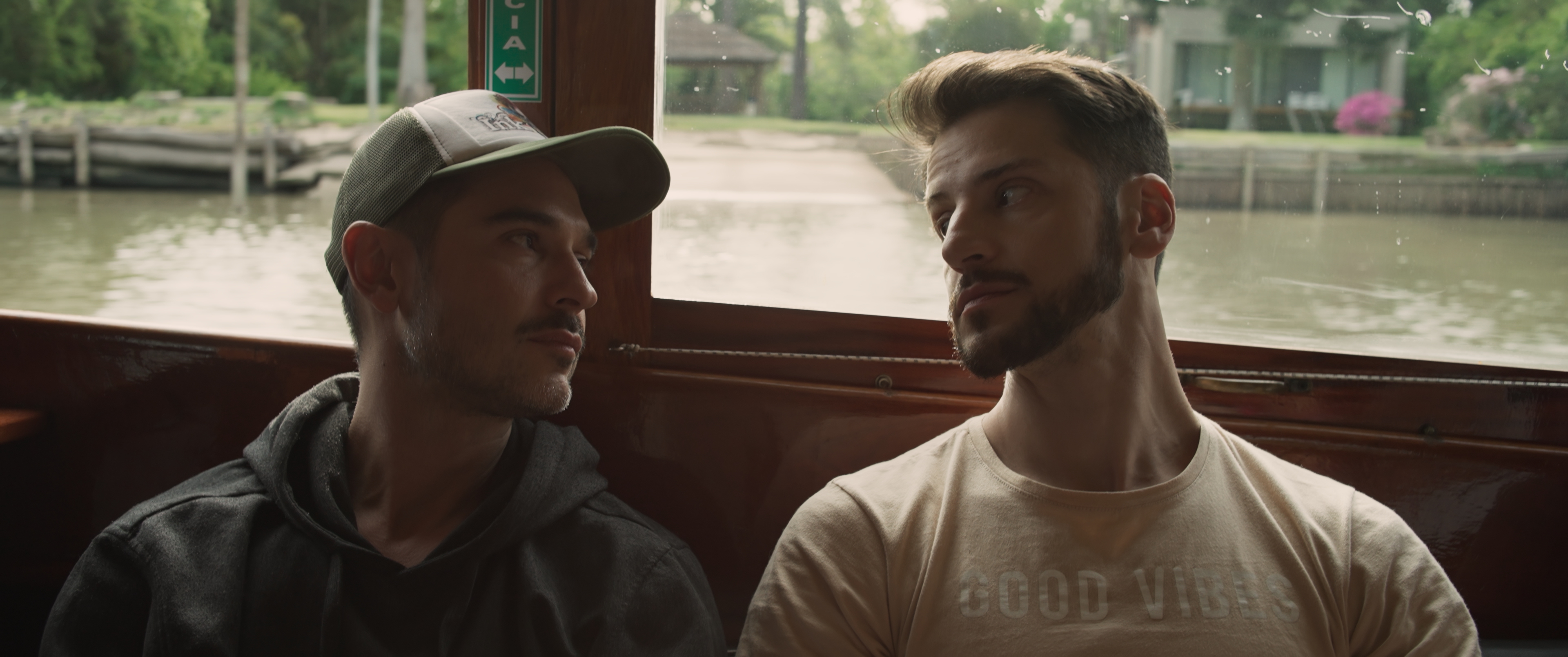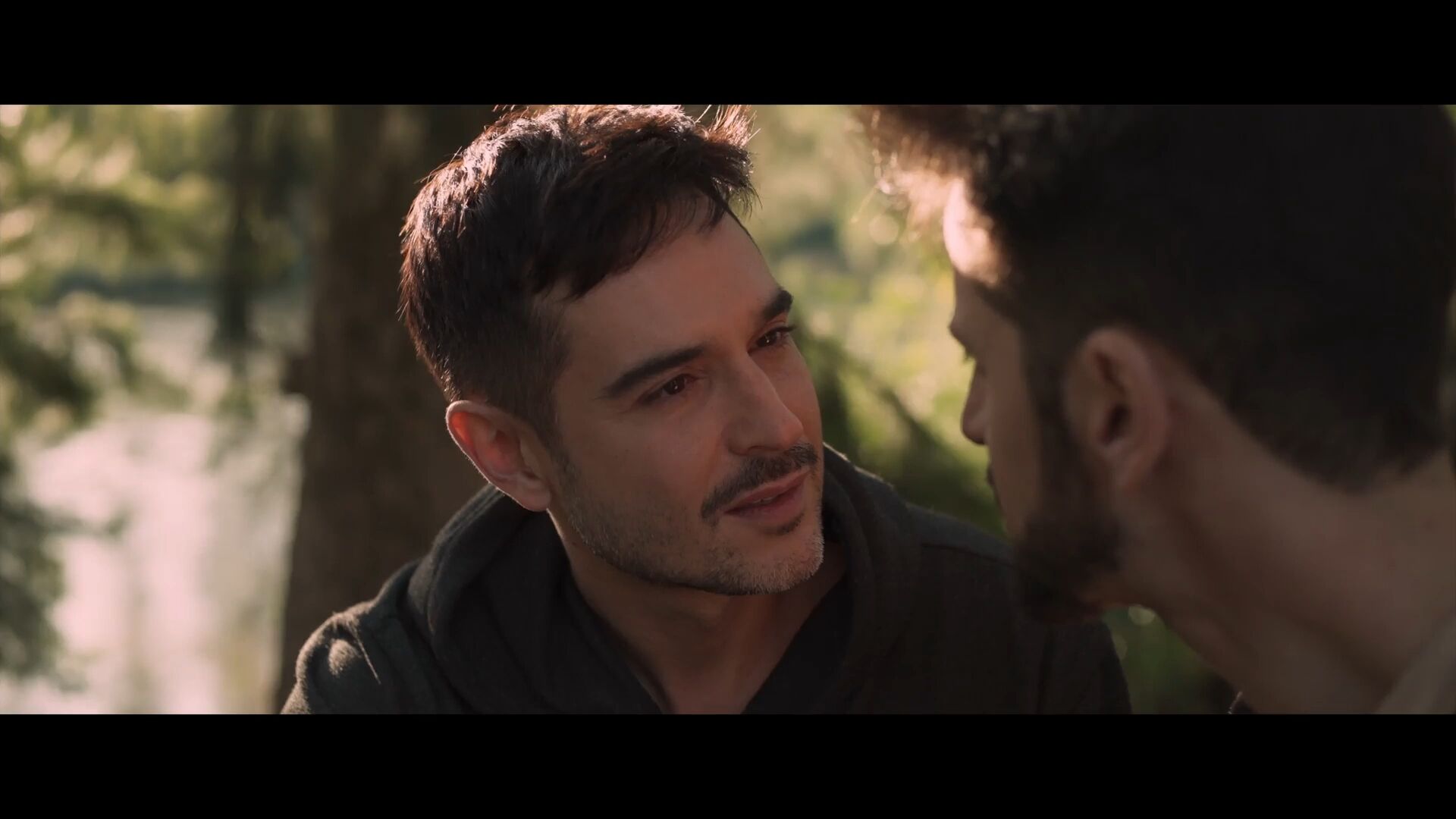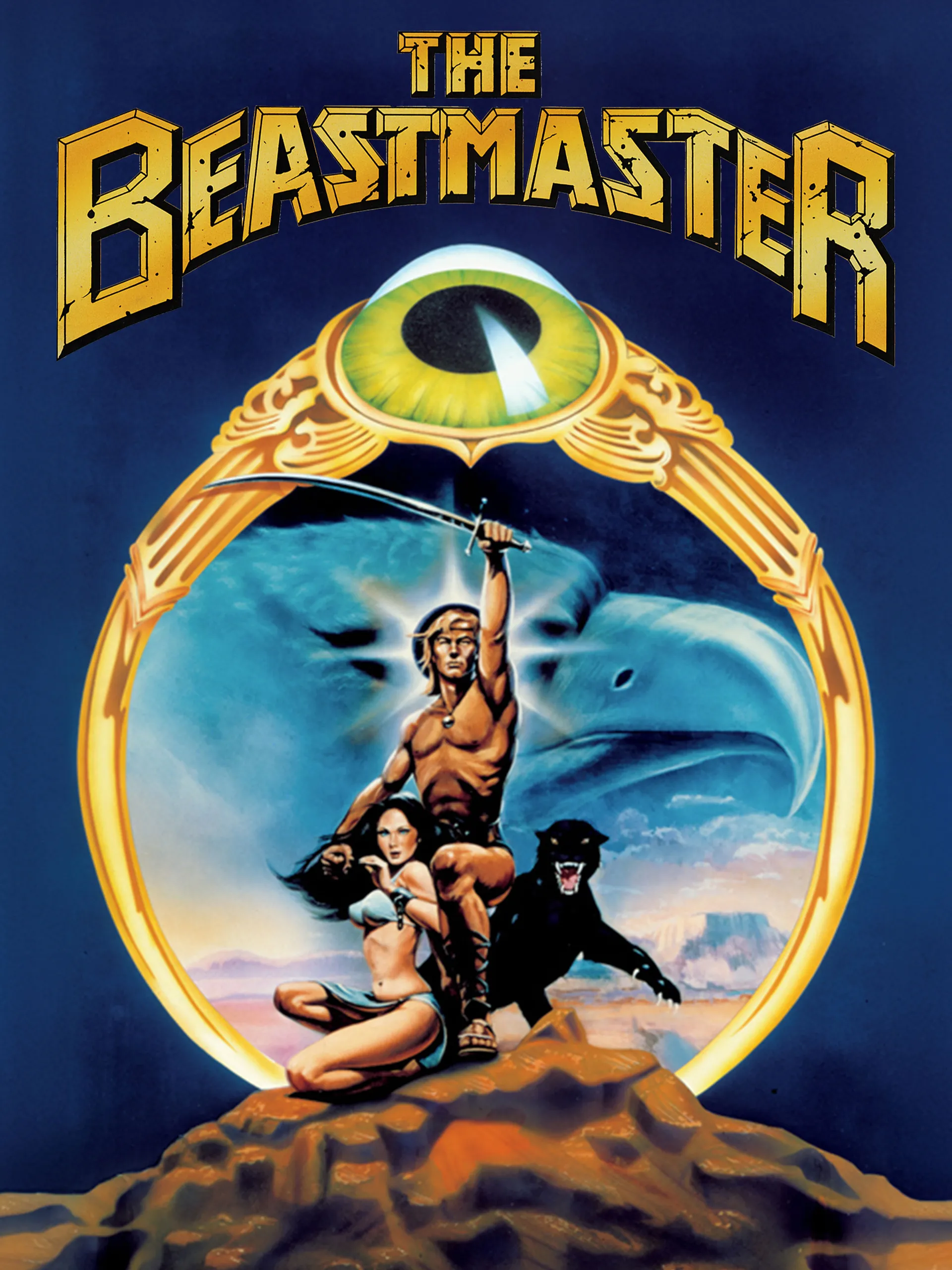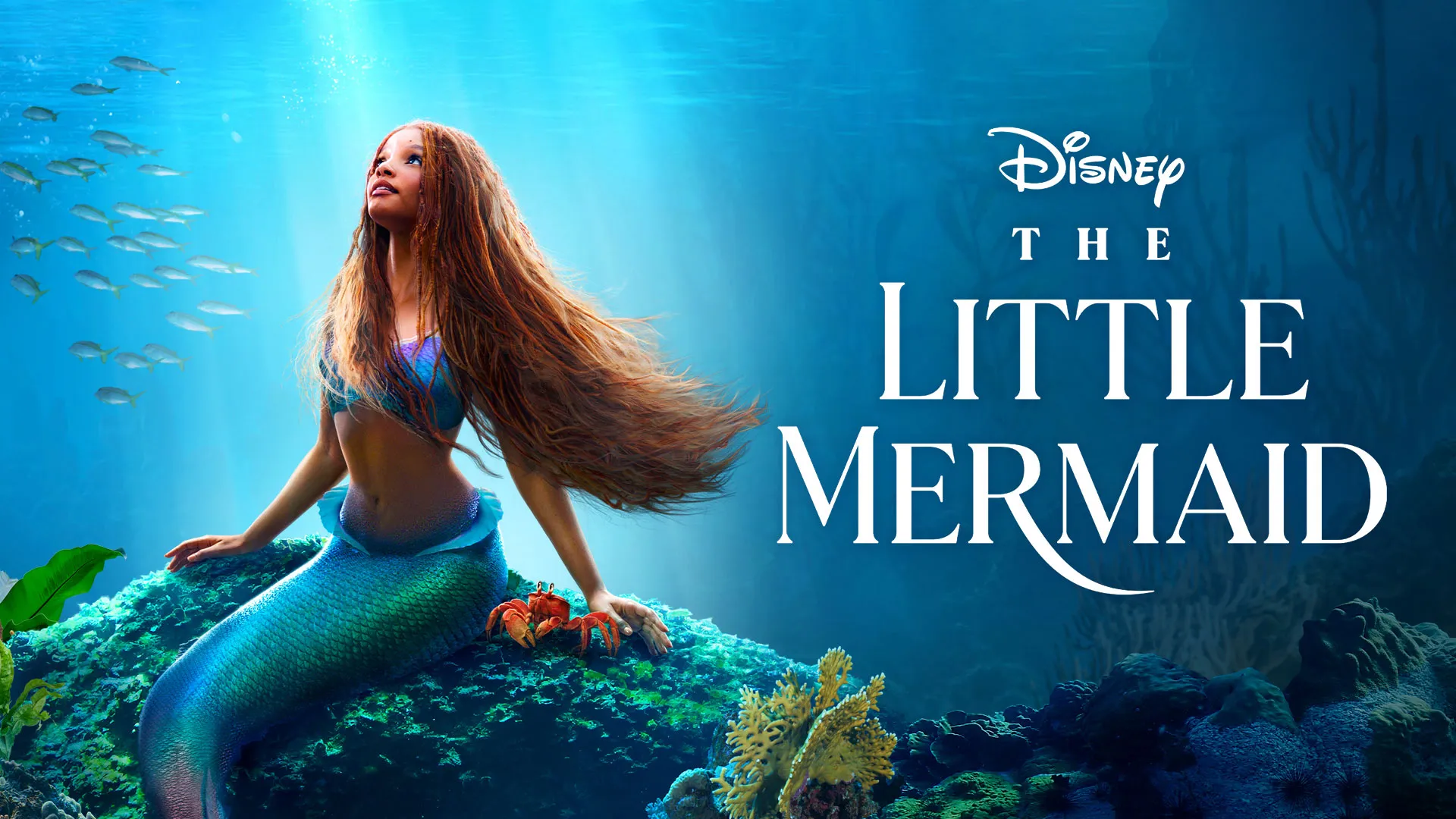Since the Last Time We Met (2023), directed by Matías De Leis Correa, is a poignant Argentine romantic drama that delves into the complexities of rekindled love and unresolved emotions. The film follows Victor, a stylish and successful professional, who unexpectedly reunites with David, his first love, after fifteen years of separation. This chance encounter reignites a clandestine romance that once defined their youth, compelling both men to confront the lingering feelings and choices that have shaped their lives.
Victor, portrayed by Patricio Arellano, embodies a man whose life is meticulously structured, yet emotionally unfulfilled. The sudden reappearance of David, played by Esteban Recagno, disrupts this equilibrium, stirring memories of a passionate past. David's current life, entangled in a heterosexual marriage, adds layers of complexity to their renewed connection, as they navigate the delicate balance between desire and duty.

The film's narrative is enriched by its exploration of themes such as the enduring nature of first love, the societal pressures that influence personal choices, and the internal conflicts that arise from living a life that may not align with one's true self. Through intimate storytelling and nuanced performances, the film invites viewers to reflect on the paths not taken and the impact of past relationships on present identities.
Critics have noted the film's ability to delve beneath the surface, offering a mature and emotionally resonant portrayal of its characters' journeys. The chemistry between Arellano and Recagno is palpable, lending authenticity to their characters' complex relationship. Director Matías De Leis Correa's approach avoids melodrama, instead presenting a sincere and thought-provoking narrative that resonates with audiences.

Visually, the film employs a subdued aesthetic that complements its introspective tone. The cinematography captures the subtle nuances of the characters' interactions, emphasizing the emotional undercurrents that drive the story. This visual restraint allows the performances and dialogue to take center stage, fostering a deeper connection between the audience and the narrative.
The film's pacing is deliberate, mirroring the contemplative nature of its subject matter. This measured approach provides space for character development and allows the emotional weight of each scene to resonate fully. The screenplay's focus on dialogue and internal conflict underscores the themes of longing and the complexities of human relationships.

Since the Last Time We Met has garnered attention on the festival circuit, including a screening at BFI Flare, where it was praised for its authentic portrayal of queer relationships and the emotional depth of its storytelling. The film's reception highlights its success in engaging audiences with a narrative that is both specific in its cultural context and universal in its exploration of love and identity.
In conclusion, Since the Last Time We Met offers a compelling examination of the enduring impact of past relationships and the complexities of reconciling one's desires with societal expectations. Through its thoughtful direction, strong performances, and emotionally rich narrative, the film stands as a significant contribution to contemporary queer cinema.
-1744355827-q80.webp)



